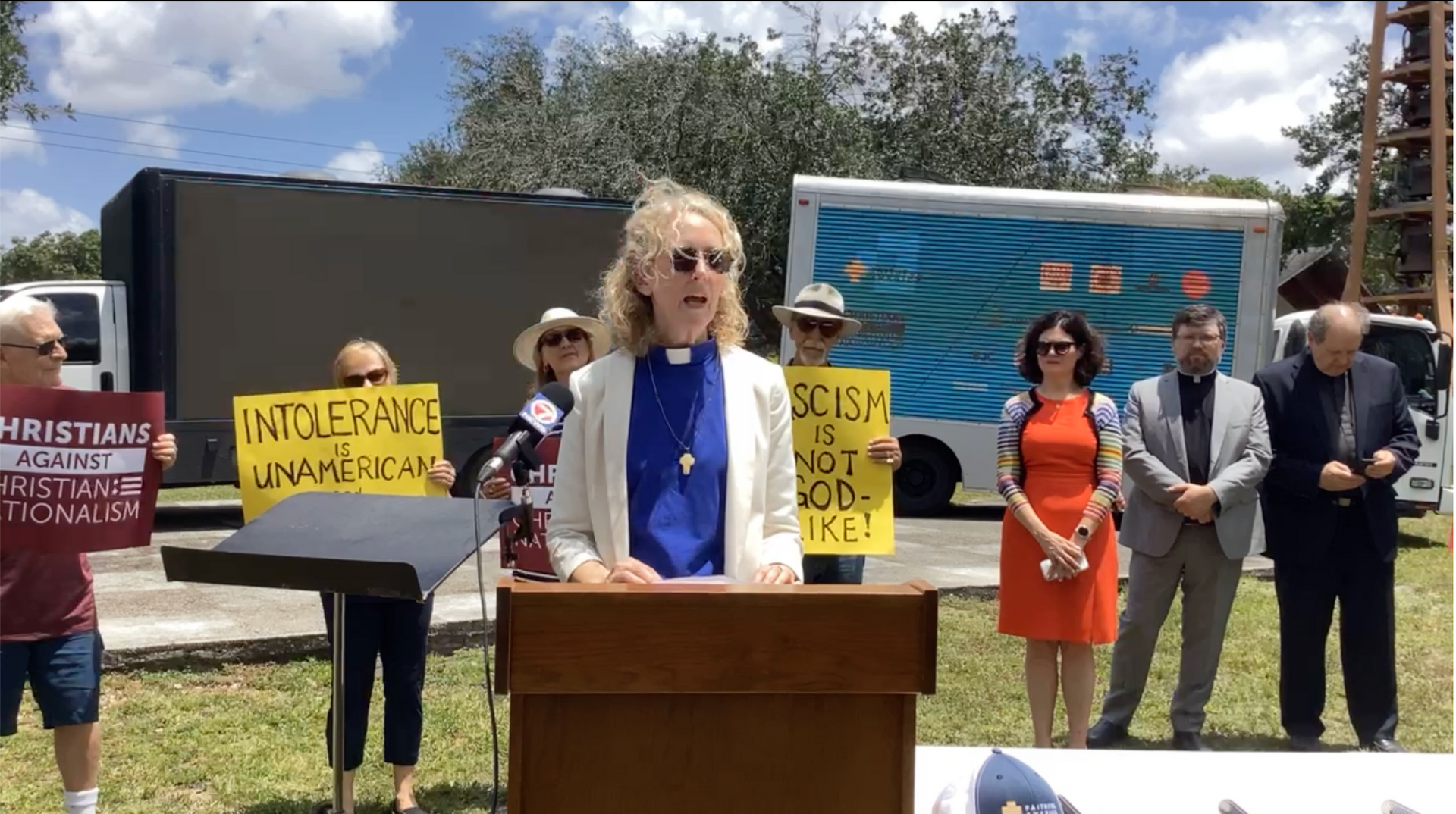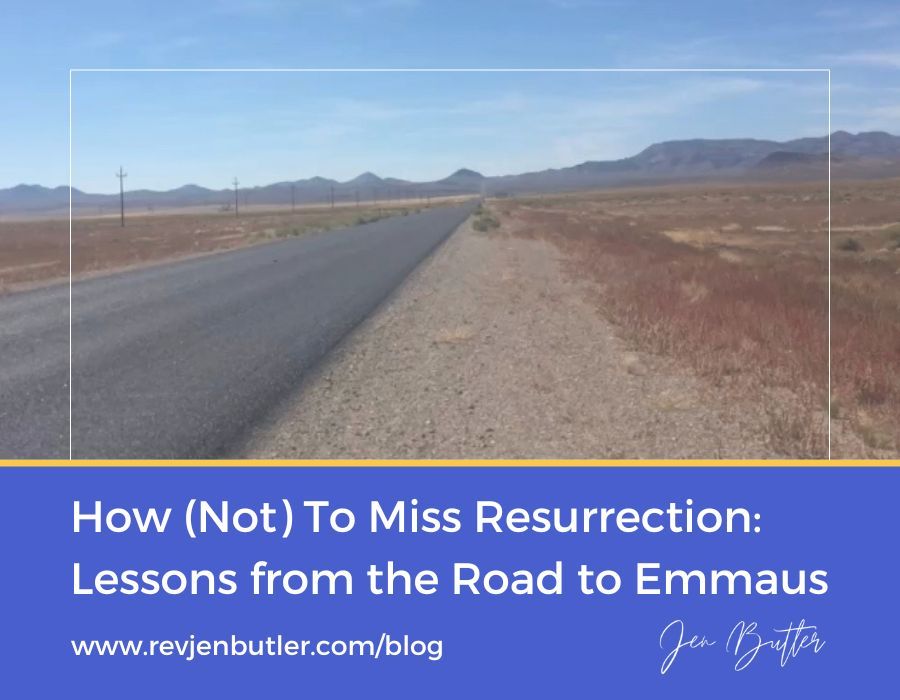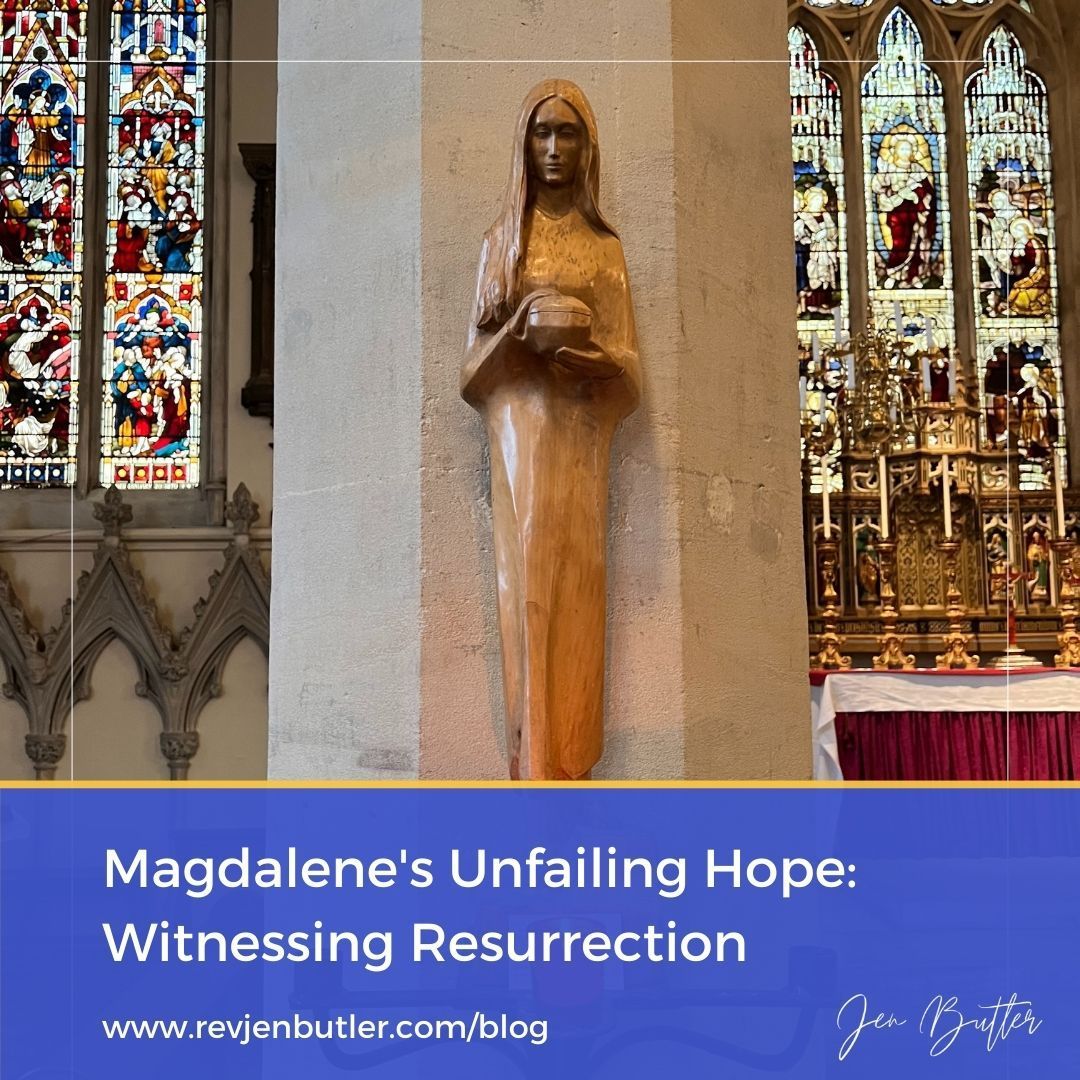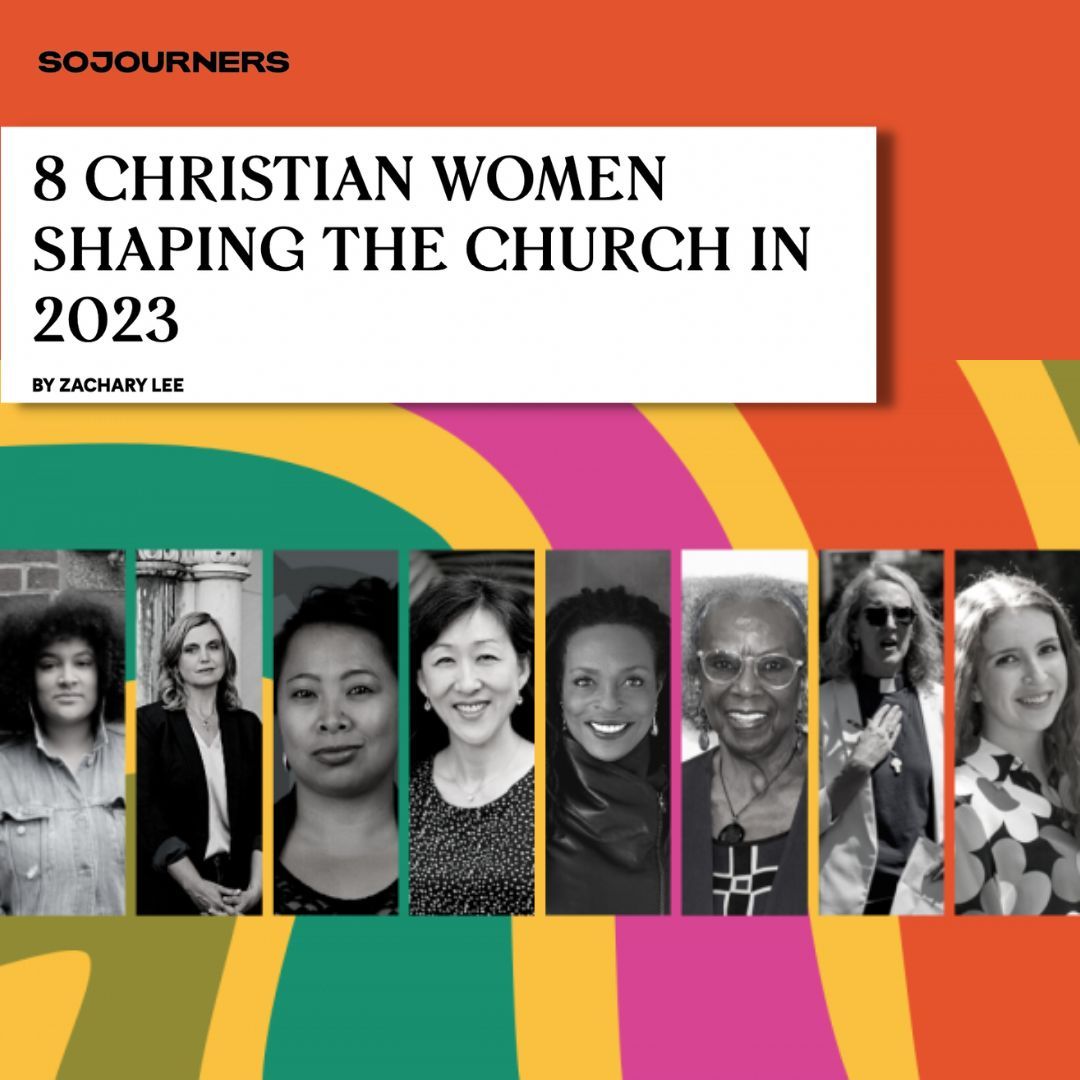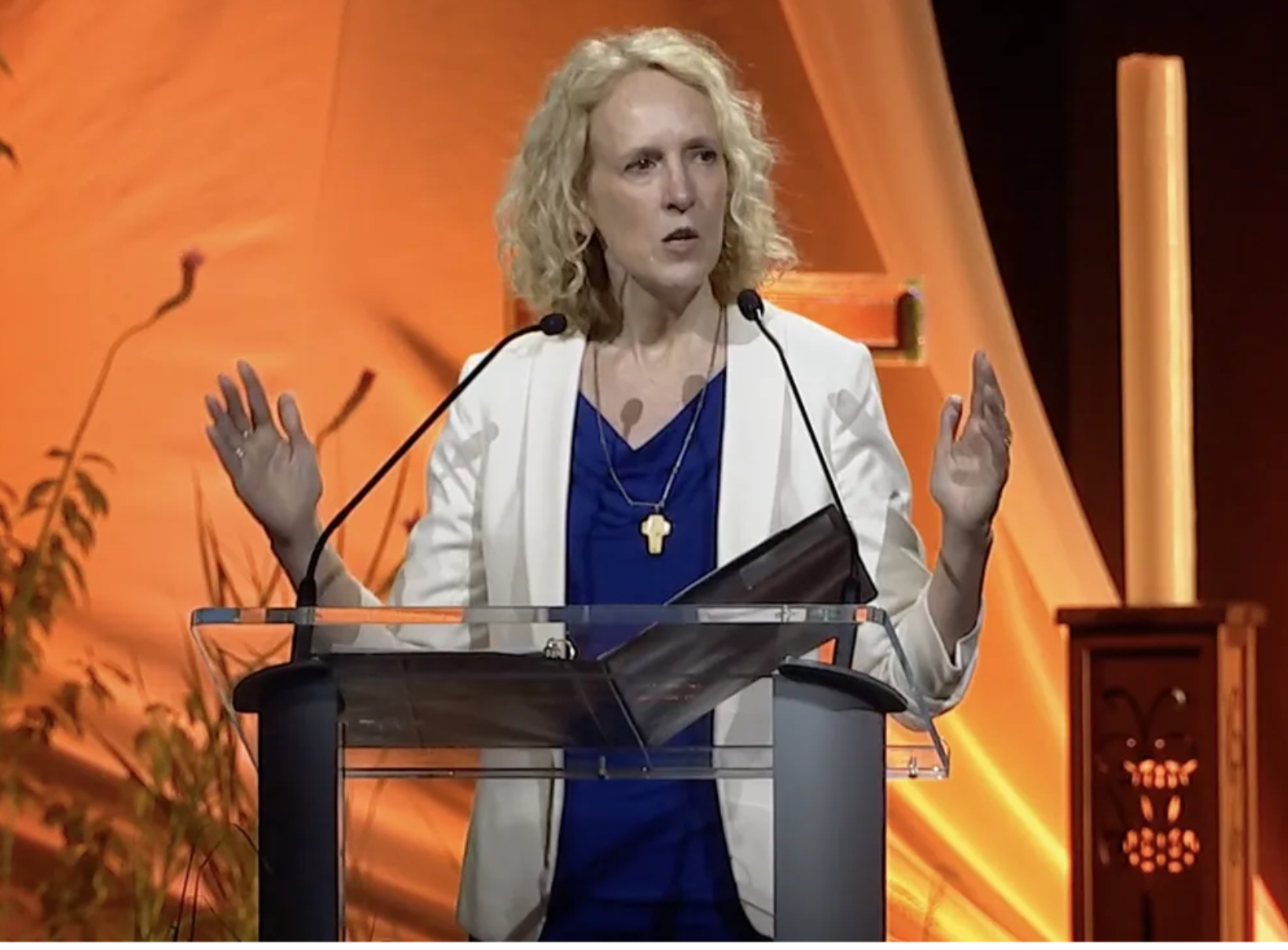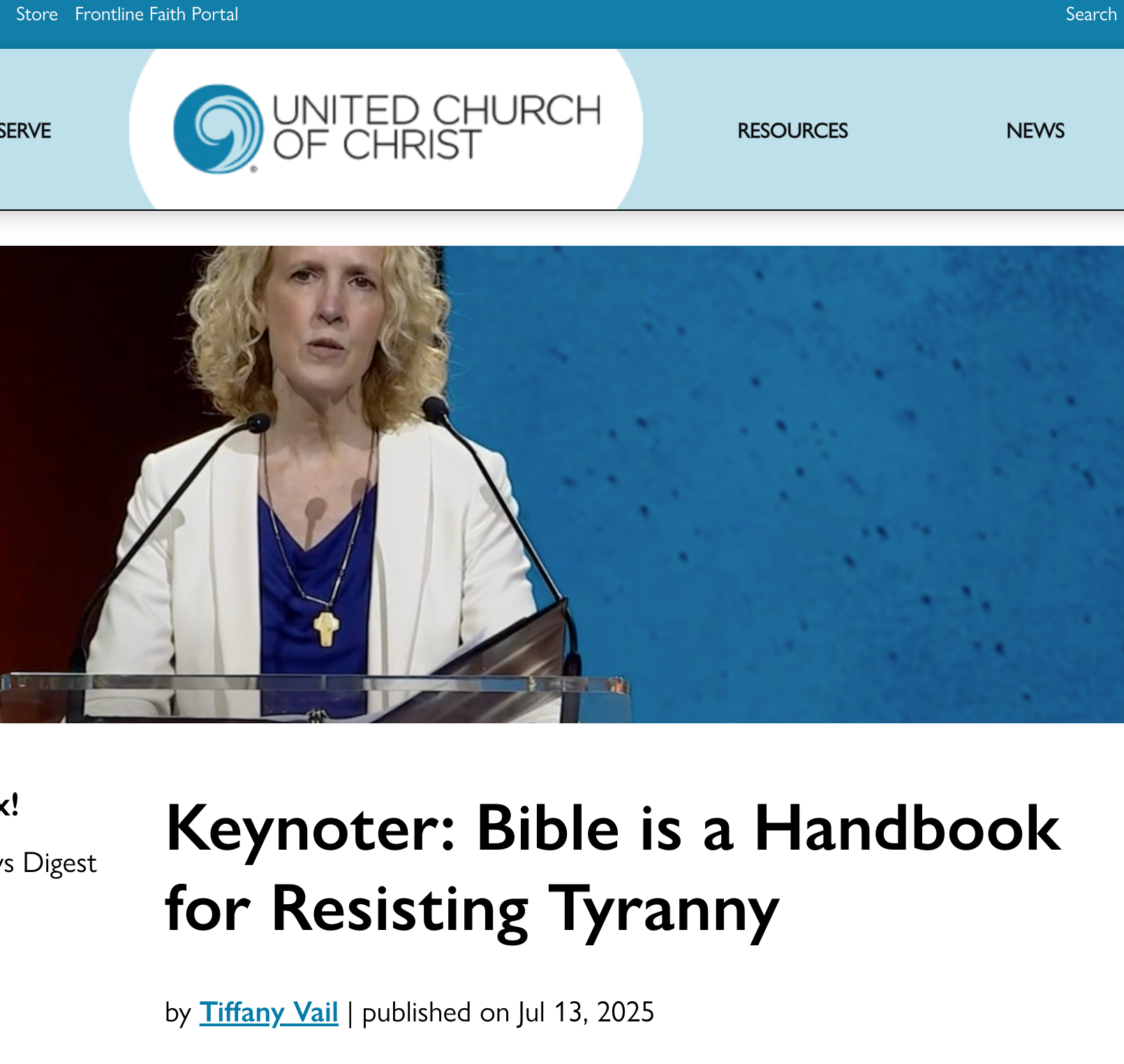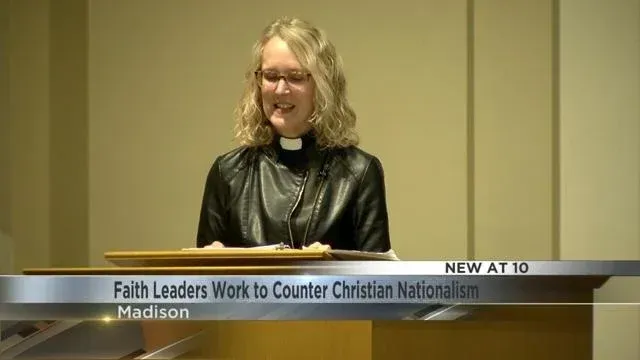Communion | Stewardship and Climate Justice
The communion plate is passed to me. I glance at the mass-produced wafers that make communion easier to serve in this modern era of pre-packaged everything. I marvel at modernity’s capacity to reduce food to crap. I take, crunch down on it. It tastes like dust. Is this what Jesus had in mind?
When I think of Jesus’ last supper, I think of the many paintings and recreations I’ve seen. The Lord’s Supper looked like a huge feast, with food passed around to people Jesus chose and trusted, facing one another at a table. From these depictions, and from what I’ve read in scripture, Communion is intended to be a communal dining experience among people committed to a vision and a life of meaning.
Growing up, I remember the dinner table as a place where my family laughed together until we cried. It was also a place where the tension could be so great you could barely swallow. It was also a place where the people who loved me the most would ask about my day or express interest in my thoughts. The kind of engagement and conversation I longed for In my family, dinners were a place to fellowship, among friends, and linger in intimate, meaningful conversation. I would always find myself full in more ways than one. Earthy dinners with the sound of chewing, even burping; but other-worldly as body and spirit are nourished.
Those times were a form of Communion, breaking bread with loved ones who called me into a life of meaning, which is centered in love.
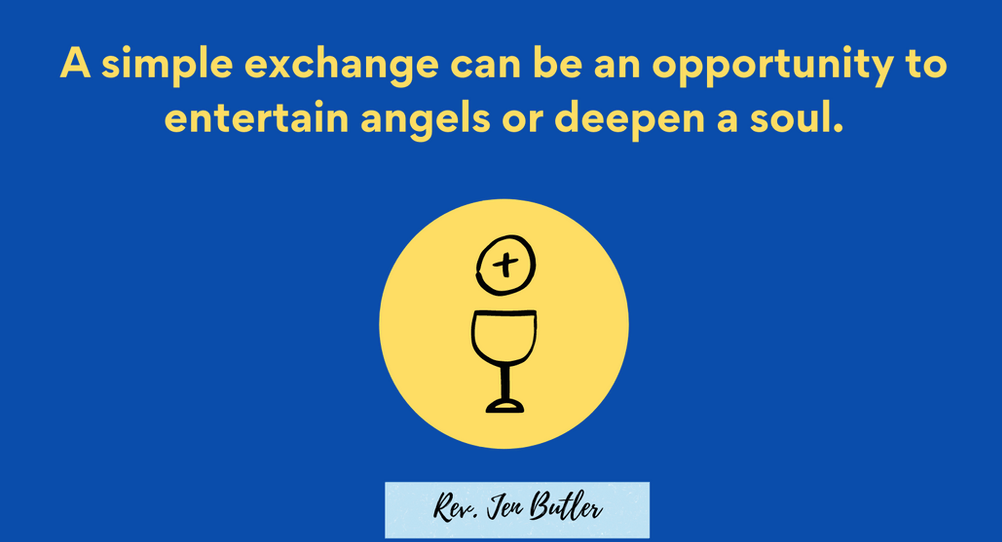
The fact that Jesus chose something so everyday yet so profound as his parting gift for his followers suggests that every simple exchange in our lives can be an opportunity to entertain angels or deepen a soul.
My Sunday trip to the farmers’ market is as sacred as worship. On a trip recently, as I was checking out, an older woman asked where I found my loaf of bread. “There was one left, right over there,” I told her, then continued to check out. “Where exactly?” she asked me hesitantly, and at that point, I realized that in my hurry to check out I nearly missed that she had a cast on one of her feet. “Oh, let me go look and see if it’s still there for you,” I said as I crossed the uneven and crowded terrain of the market to grab the last loaf. Joyfully I handed it to her, saying “Take, my favorite loaf, just for you.” The communion that, in my distraction, I nearly missed!
When I’ve left a stressful day at work, I eagerly anticipate the evening dinner with my son and husband. I try to take care not to let the stress and fatigue I’ve accumulated during the day spill into our evening. Why obsess over unsolved problems of the day rather than focus on enjoying the bread of life with my son and husband?
Christians once waged war over the mechanics of communion—how it should be done, what it means. We miss that the practice of Communion transforms our earthly existence and the mundane into an experience of God in us and us in God.
I’ve started to recognize that part of seeing God at the table is intentionally considering what’s on the dinner plate.
This Fall I am obsessed with slow-roasted cherry tomatoes. I have just learned where most of our tomatoes come from and why they have no taste. Most of them are grown in Immokalee, Florida, in the sand, toxic sand to be more specific, sprayed with chemicals to ensure no fungus destroys the tomato. Then, the tomatoes are harvested by migrant workers who aren’t paid a living wage, and worse, are exposed to the toxic chemicals that deaden the tomatoes’ flavor.
The Coalition of Immokalee Workers, a worker-led organization, developed the Fair Food Program to ensure migrant workers are paid fair wages and provided protection and a safe working environment.
As I chop the tomatoes I hear on NPR that honey bees, which are critical to most of our crops, are dying off at alarming rates and their colonies are collapsing due in part to toxic land-use practices.I hear the interviewer ask the scientist on the show, “what can we do?” The scientist simply burned her yard and planted flowers that bees like.
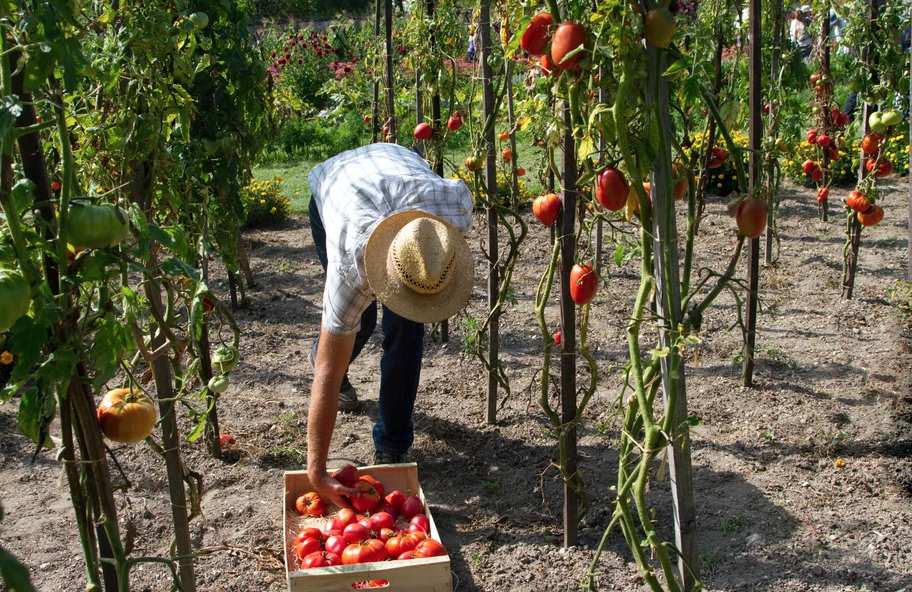
Photo by Kamala Saraswathi on Unsplash
I grow excited but then I picture the manicured yards where I grew up and feel a sense of embarrassment—“Not there, I can’t imagine!” I realize what conviction it would take to set out on such a bold, nonconformist path. “Take, eat, this is my body, broken for you.”
When calling my family to dinner, I am proud I’ve taken time to prepare food from a family farm nearby. This food is magical and mystical, I think as I carry it forth. When we eat it, the actual food carries potassium and magnesium; vitamin C, and antioxidants, all kinds of things too numerous to mention that will not only help us stay alive but may actually heal illnesses we don’t even know we have. It’s miraculous.
We are at the same communion table.
Even-- though we’re hundreds of miles apart, I can see the families who harvest so clearly in the literal fruit they help provide. Reflecting on this, pausing, and really looking at how interconnected we are, brings to mind what fellowship and stewardship there is in the communion process.
For these reasons, I strive to dig deeper. I do my research on migrant working conditions and the farms I choose to buy from. I advocate for migrant farmworkers to be paid living wages, and demand labor and environmental protection from elected officials. The plight of our neighbors and their families can be almost unimaginable, but our lives and futures are linked.
Take and eat, this is our bodies, given for all.
It’s the body of those who grew the food at the expense of their own health, the health of the environment, and that of the Earth. It’s the body of the mom who spent hours preparing a meal. The body of my son, which finds nourishment in it.
When my family sits down at the table for dinner, w sing the Johnny Appleseed blessing:
“And so I thank the lord/for giving me the things I need/the sun, the rain, the apple seed/The Lord’s been good to me.”
I think of how much more is needed than the sun, the rain, the apple seed. We need farmers who care about the quality of food and their workers, not just profit. We need families that are mindful and intentional about where they put their dollars. We need communities that struggle alongside the vulnerable, and advocate for their fair treatment- to be paid living wages so that their families can have communion too. We need voters who care.
All of these families I don't know, the bees, the farmers, the tomato plant are at my dining room table. Every living thing. Jesus' invitation is for me to see them. To start breaking bread with them. To drink them in. That is the beginning of true Communion.
Action
- Look at those at the center of the work
- Read up on and support The Coalition of Immokalee Workers
- Support small farmers
- Get inspired
- I personally enjoyed and learned a lot from Braiding Sweetgrass, by indigenous author Robin Wall Kimmerer
- Support Indigenous land protection efforts
- Those toxic sands and chemicals I mentioned earlier are not isolated events. These are systemic and negligent ways we harm the environment in the name of profit, and they have a lasting impact.
- Sign this petition calling on Biden to stop the Line 3 Pipeline, which is currently leaking untreated wastewater and chemicals into the Clearwater River in Minnesota.
A prayer
O Almighty, eternal God
Gather together your Church
From the ends of the earth into your kingdom
As grain was once scattered
And now has become one loaf.
We thank you for the precious blood of Jesus Christ
For through him glory is to be given to you forever.
Amen.
